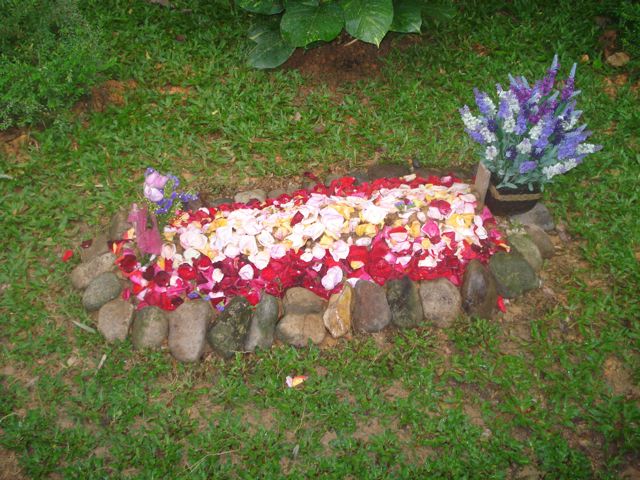Meet Your Meat
What are chances PETA (People For The Ethical Treatment Of Animals) would explore the religious practice of Halal-Slaughter as they uncovered the machinations of Industrial and Factory Farming in a thought-provoking documentary - Meet Your Meat?
The documentary is a ‘hate-movie’ the industry does not want you to see. It makes one love the animals he traditionally consumes while pouring scorn upon the proponents of the industry. PETA is commended for this timely commentary. It is clear that lack of logistics and necessary equipment, coupled with a commerce driven environment, contributes to stress and pain animals endure to satisfy our needs. It should not be tolerated in this day and age.
Although Halal-Slaughter harks back to an age where modern methods were and are still lacking, it is safe to assume that PETA will refrain such an undertaking simply because the potential for religious conflagration is real, but the question still remains. Is Halal Slaughter less or more humane than what is witnessed in the documentary?
An Islamic tradition says “God calls for mercy in everything, so be merciful when you kill and when you slaughter (animals for food) sharpen your blade to relieve its pain” but the reality of modern day commerce juxtaposed with an immutable doctrine tells a story that begs revision.
As ‘Halal Meat’ consumption gains acceptance, discourse on the religious tradition of Halal Slaughter gains traction, but unsurprisingly along lines that the practice of slaughtering animals alive is tantamount to ‘animal cruelty’.
Generally, eateries in multi-religious Malaysia are ‘Halal-Only’ but there is an apparent lack of discourse on how ‘humanely’ are the animals dispatched. In Shah Alam, home to one of the larger abattoirs in the country, pigs are stunned to death via the ‘captive electrical bolt’ (CEB) method while, in another part of the complex, cows and goats are slaughtered ‘alive’ in accordance with religious rites.
Understandably, allegations are rife that the religious method is inhumane, but, as reported on Islamonline, a prominent evangelist site, laboratory experiments conducted by a university in Germany showed that the religious method is actually more ‘humane’ compared to the CEB procedure.
In the ‘Halal’ method, it is reported that EEG and ECG graphs showed no change before the animal is slaughtered, indicating it felt no pain during or immediately after the procedure. Graphs indicate a state of unconsciousness, attributed to blood loss, and while brain signals diminished, the heart of the animal pounded and body convulsed, draining the remaining blood.
However, in the CEB method, although the heart of the animal stopped beating much earlier, graphs indicate that the animal experiences severe pain, attributed to ‘retention’ of blood as opposed to ‘draining’ in the ‘Halal’ method.
The thing is, although clinical studies may prove the ‘Halal’ method less stressful in laboratory conditions with a single animal, the situation differs in a commercialized abattoir where animals are positioned for slaughter en-masse.
It is understood that an animal is first corralled in a gated enclosure to limit its movement. Then to immobilize it for ‘safety’ of those in attendance, its legs are broken. Writhing in pain it is forced down the floor by the slaughterer and assistants. The slaughterer wields a sharp knife and performs the religious rites. He then makes a deep incision into the neck severing the jugular and carotids while blood gushes out. In the vicinity, the rest of the herd, sensing their impending death, are unusually audible, restless and apparently stressed.
While not contending religious rights, pre-slaughtering procedures at Shah Alam begs to be addressed. Clinical studies in this regard do not address the 'commercialized' procedure that entails and lack of logistics and necessary equipment coupled with a commerce driven environment, exacerbates the stress and pain endured by the animals prior to their death that, ironically, defeats the original intent and purpose of the tradition.
“God calls for mercy in everything, so be merciful when you kill and when you slaughter (animals for food) sharpen your blade to relieve its pain” - an Islamic tradition.
Words - Tommy Peters
(Advanced appreciation is rendered for materials used without the express permission of copyright owners)


.jpg)
Comments
Post a Comment